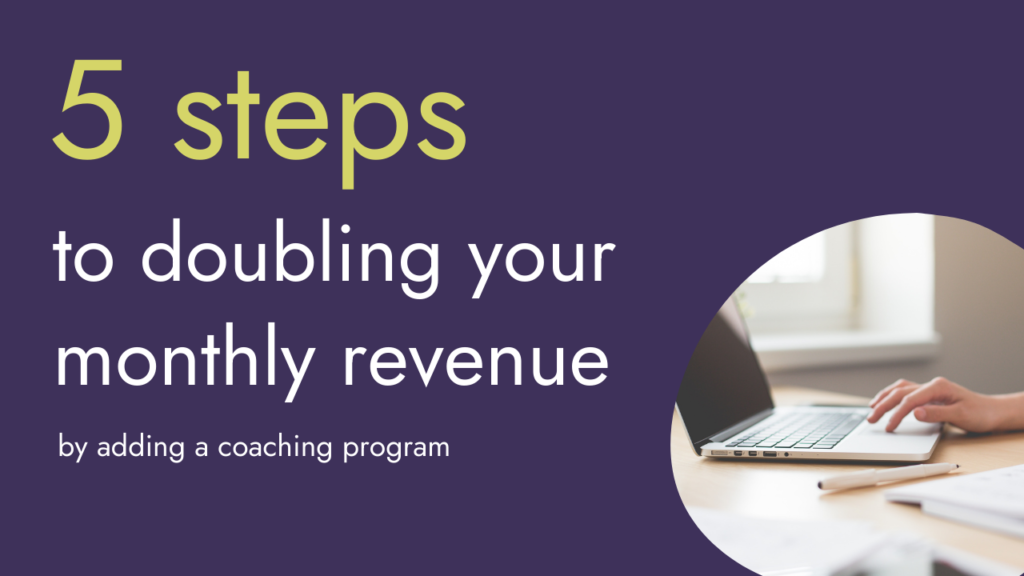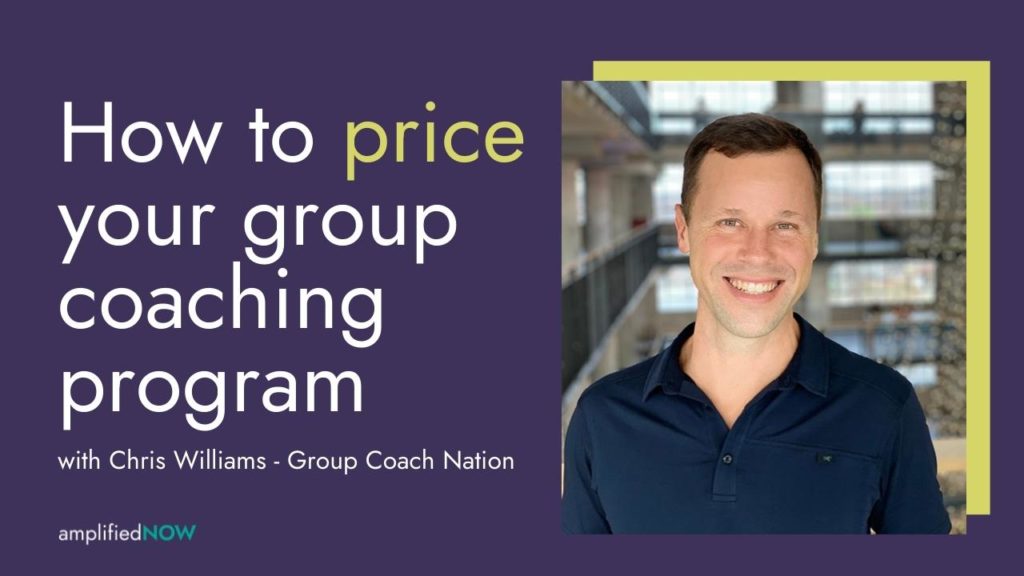Transitioning from Freelancer to Business Coach
Hey amigo, it’s time to shift gears and take your skills from a bustling freelancer to a bombshell business coach. Buckle up, buttercup. You’re in for a fast-paced, but totally worthwhile, ride.
Take Inventory of Your Skills
The first step to becoming a business coach? Knowing what you’re actually good at. Sorry, not sorry, but “binge-watching Netflix” isn’t going to cut it.
Look at your freelancer experience. What are you a boss at? Public relations, social media, graphic design, project management, speed typing? All of these can help.
Brush Up On Your Teaching Skills
Buddy, becoming a business coach means sharing your wisdom with others. If the thought of teaching turns you greener than Shrek, you might need to do a little work.
Check out resources like Coursera’s teaching courses, try out Toastmasters to improve your public speaking, or even get a teaching certification from your local community college.
Network Like You Mean It
Becoming a business coach is like joining a club. You’ve gotta know people.
Start attending local business events, get active on LinkedIn, and don’t be shy about reaching out to ol’ contacts in your network. You’ll be surprised how many folks are in your corner, rooting for you.
Develop Your Brand
You can’t just pop out of your freelancer cocoon and be an instant business coach butterfly. Nah, you gotta morph into it.
First, define who you are as a coach and then translate that into a kick-ass brand. Design your logo, build your website, and start Instagramming like you mean it.
Reasons to Transition to a Business Coach
-
As a business coach, you work to elevate others which is pretty SWEET!
-
Shifting from freelancer to business coach could mean more stable income. Cha-ching!
-
Teaching as a business coach can also mean you LEARN. Shocker, I know!
In short, taking the leap from freelancer to business coach might sound as scary as trying to thread a needle in a bouncy castle, but with the right preparation, you’ll be strutting your stuff in no time.
Getting Certified
Although not a must-have, getting certified can add credibility to your business coach profile. There are many organizations like the International Coach Federation (ICF) that offer certification programs. While this may require an investment of time and finances, having a recognized certification can give prospective clients more confidence in your abilities.
Start Coaching
Once you’ve covered all these bases, it’s time to start coaching. You can start small with pro bono work for friends or acquaintances, or hold free workshops or webinars to grow your reputation. Gathering testimonials from these initial clients can also be valuable as you expand your business.
Set up a Business Structure
Finally, you’ll want to set up a formal business structure. You can operate as a sole proprietor, or set up an LLC or corporation. You’ll also need to put together contracts for your clients to sign which outline your services and fees, and you’ll need to understand your tax obligations.
In conclusion, transitioning from a freelancer to a business coach involves honing your coaching skills, building a personal brand, developing a network, and potentially getting certified. Although this requires effort, the rewards can be worth it as you build a more stable income and get the satisfaction of mentoring others on their entrepreneurial journey.
Final Thoughts
While it may require an investment of your time and resources, making the transition from a freelancer to a business coach can come with several rewarding opportunities. Not only do you get to assist others in their entrepreneurial journey, but you also expand your network, boost your personal brand, and build a more stable income source. Moreover, teaching and guiding others also contributes to your personal and professional growth, proving to be a rewarding experience on multiple levels. Lastly, should you opt for certification, you further enrich your credibility and skills, ensuring you are fully equipped to be the best business coach you can be. The freelance world is filled with potential business coaches; all it takes is dedication, preparation, and the courage to take the leap.
Frequently Asked Questions about Becoming a Business Coach
Before making the transition from freelancer to business coach, you might have a multitude of questions that need addressing. Here are some of the most commonly asked questions about becoming a business coach:
1. Do I need to be certified to become a business coach?
While certification is not necessarily a requirement, it can greatly enhance your credibility and skill set. Additionally, undergoing a certification program will equip you with the necessary knowledge and skills to successfully operate as a business coach.
2. How much can I earn as a business coach?
The income of a business coach largely depends on their experience, clientele, and services provided. However, it can range from $75 to over $1,000 per hour.
3. Who can be my potential clients?
Potential clients for business coaching can be small business owners, corporate executives, entrepreneurs, and individuals who are in the process of starting a business. They need guidance in areas like strategic planning, problem-solving, business development, and leadership skills.
4. What sets a business coach apart from other coaching professions?
Unlike life coaches or other similar professions, a business coach focuses on entrepreneurial individuals or existing businesses. They use their personal entrepreneurial experience, along with business tactics and strategies, to assist individuals in reaching their professional goals.
5. Can I continue freelancing while starting my business coaching?
Yes, many individuals start their business coaching venture while still freelancing. This flexibility allows you to gradually transition from freelancing to your coaching business, reducing potential risks.


